Liminal
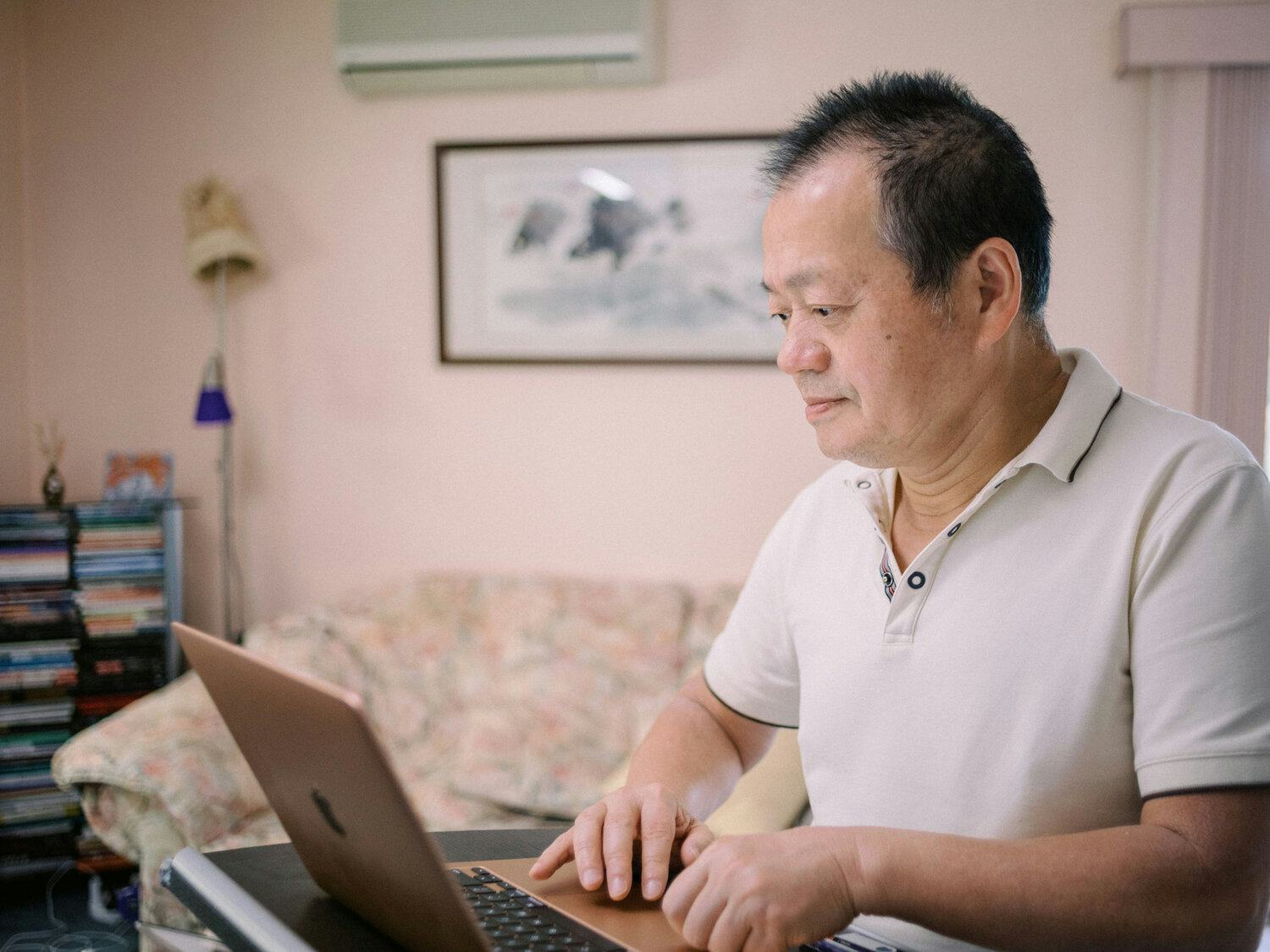
Interview with Ouyang Yu
'And I have since been doing a number of new self-initiated projects, like the book-destruction project. I can only tell you this much. All these, in the end, are failure projects. A poet is born to fail, after all, so it’s quite fitting that he does all that.'
'No but I hardly feel part of the literary and artistic community that is called Australia. I write, I live in this country, I send stuff out, I get rejected and I hardly get invited to any events, literary or artistic. But that doesn’t stop me from writing. As for whose taste matters, I’d say no one’s taste matters to me. I once said that reading Ouyang Yu is an acquired taste and that’s what it is. If you don’t like what I write, well and fine. I don’t care. I create my own taste. I cater to no one’s taste.'
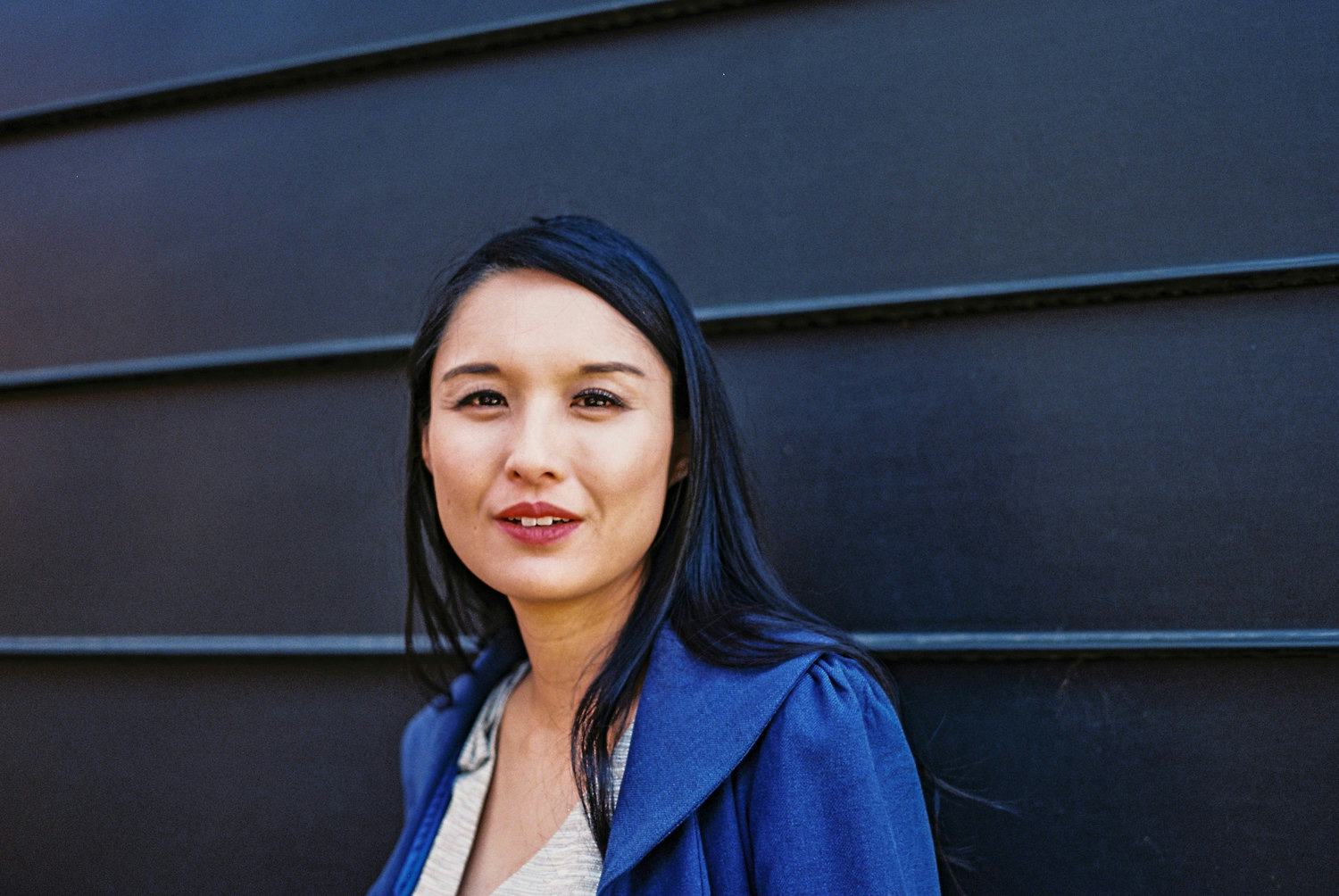
Interview with Alice Pung
'There are paradoxes living in Braybrook, Sunshine and Footscray where you could be incredibly poor money-wise but you could be incredibly wealthy fashion-wise if your Aunty sewed for Country Road. She could have a bunch of Country Road labels left over, bits of off-cut fabric where she could fashion them into 200-dollar slacks in about a day...if, you know, she's kind enough to make you a birthday present. And, if you had relatives who imported things from overseas, you could have your fake Gucci handbag – so you can look incredibly well-heeled and incredibly affluent even though you live in the concrete commission house.'
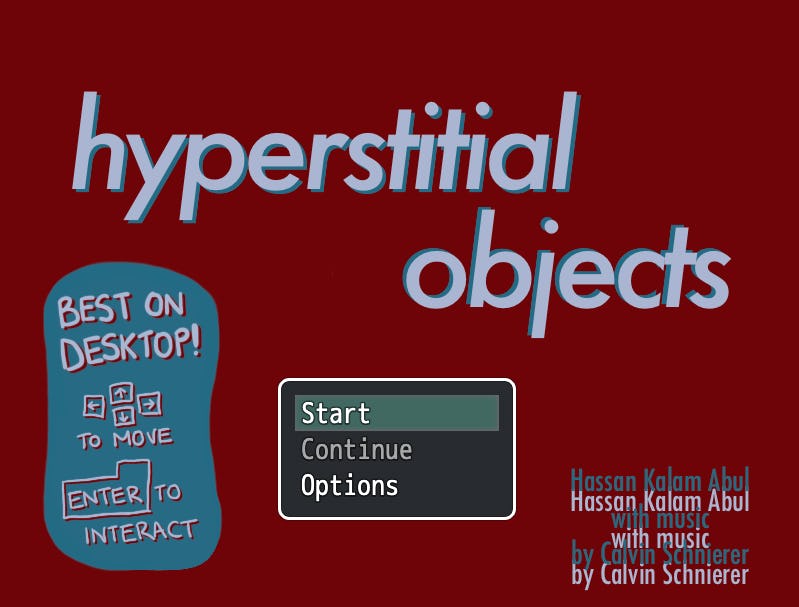
Hyperstitial Objects
When you’re typing or scrolling on your laptop or mobile phone, you're liable to forget you’re using your sense of touch. This game by Hassan Kalam Abul – an exploration of the nature of memory and knowledge – makes it harder to forget.
I guess sometimes the body can get it wrong, too. The door is clearly over there. It must have always been.
(Note on access: the game is controlled using your keyboard. Works best on a computer.)
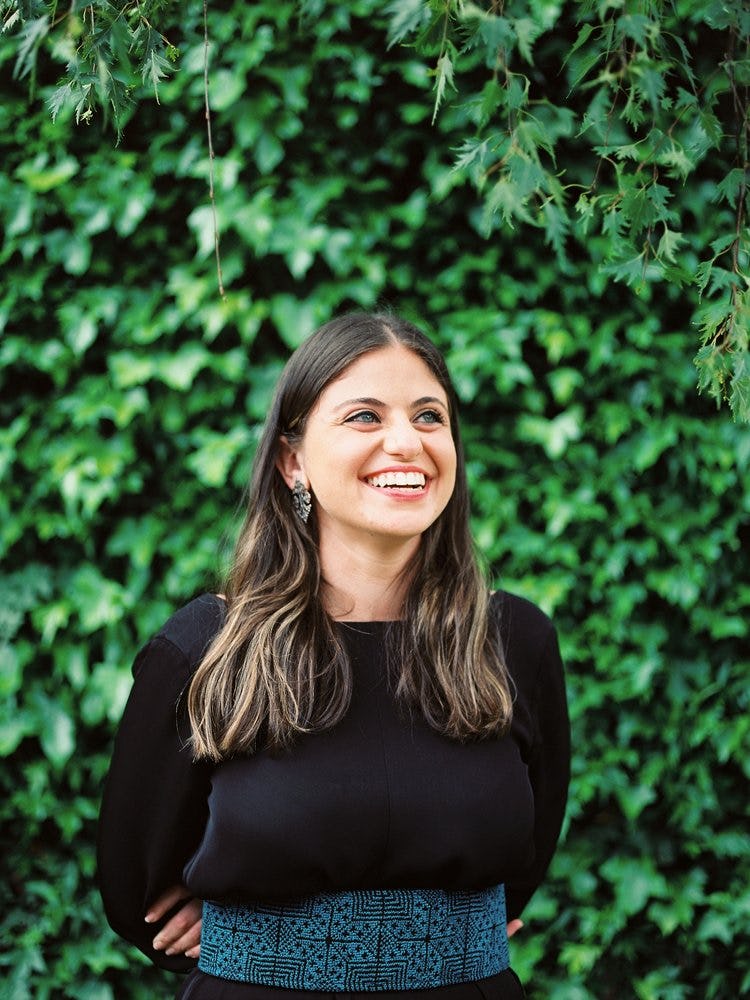
Interview with Jeanine Hourani
HH: You’re currently the director of Road to Refuge. So much of the organisation’s work is about autonomy. Giving back the license over our own narratives. How did you fight for license over your narrative? Or maybe fight isn’t the right word.
JH: I didn’t move back to Naarm/Melbourne until I was eighteen years old. Most of my upbringing was in the Arab world where there was a really different narrative around Arabs, Muslims, Refugees, Palestinians. It was so different that I hardly thought about my story or narrative or rhetoric. When I moved here at eighteen and people starting asking me all these questions and making all these assumptions about me, my beliefs, my background, my politics, I came to this sudden realisation people had bought into a really harmful narrative on race/racism and refugees and Islam and Palestine. I felt like something I had taken for granted my whole life was suddenly not mine anymore in this new environment. So, I started working to take it back.
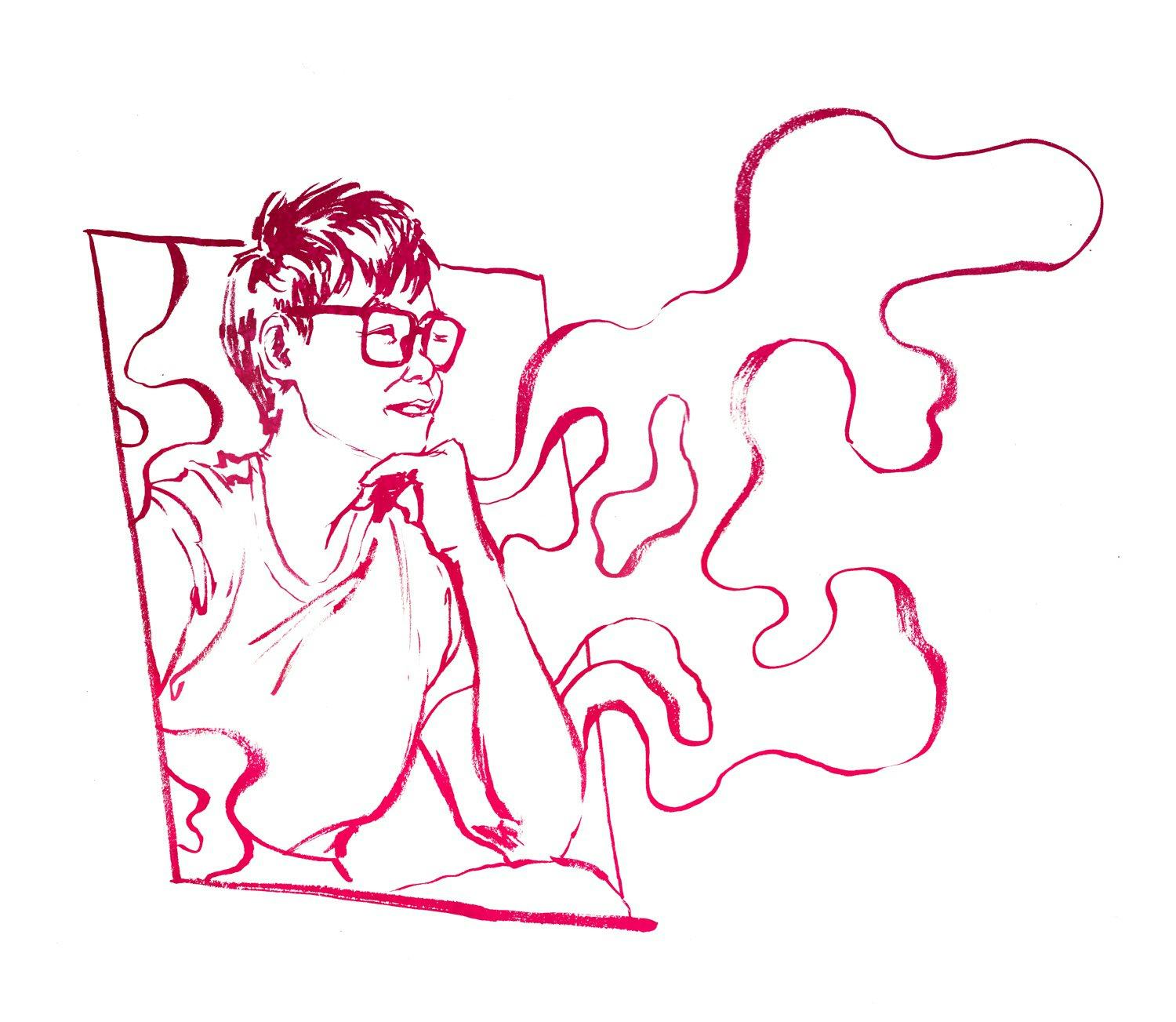
Interview with Lian Low
I recall Dorothy Tse reflecting that there’s a perception in the West that Asian writers are expected to write about identity, or about place. However, she believes that to really gain insight into another culture, readers can’t just read 'realistic stories' but also need to read stories through their form. This insight resonates deeply with me, because in terms of my current work, I don’t see a divide between literary and genre. Writing spec fic and horror connects me to a sense of who I am, my roots and psyche where the world of the real and the world of the unreal isn’t so binary.
Office Romance
Katrine owned Dining Table, and was charismatic but functionally incapable of working independently. Instead she relied on her employees, mainly Yana, to keep her on task.
'Katrine, you have a client coming in 5 minutes!'
'Katrine, you must call Mike Williams!'
'Katrine, put away your phone!'
'It is simple,' Yana told me on my first day. 'Katrine manages business, I manage Katrine.'
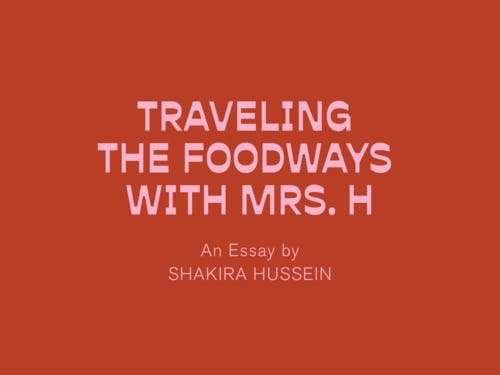
Traveling the Foodways with Mrs. H
I continue to prepare the recipes that I learned in Mrs. H’s kitchen not only for myself and my family, but also for those Jewish friends whose observation of kosher is relaxed enough for them to consume food prepared in a Muslim kitchen...This isn’t to say that I’m Jewish because I just love Jewish food, any more than the annoying white hipster next door is Thai just because he loves tom yum and spent his gap year in Koh Samui. But it is to say that the flavours of particular recipes have the Proustian capacity to transport me back to a Jewish household where I felt a sense of belonging and safety in an often hostile, though always entrancing, city.
(Note: this piece is part of Liminal’s digital series on TASTE.)
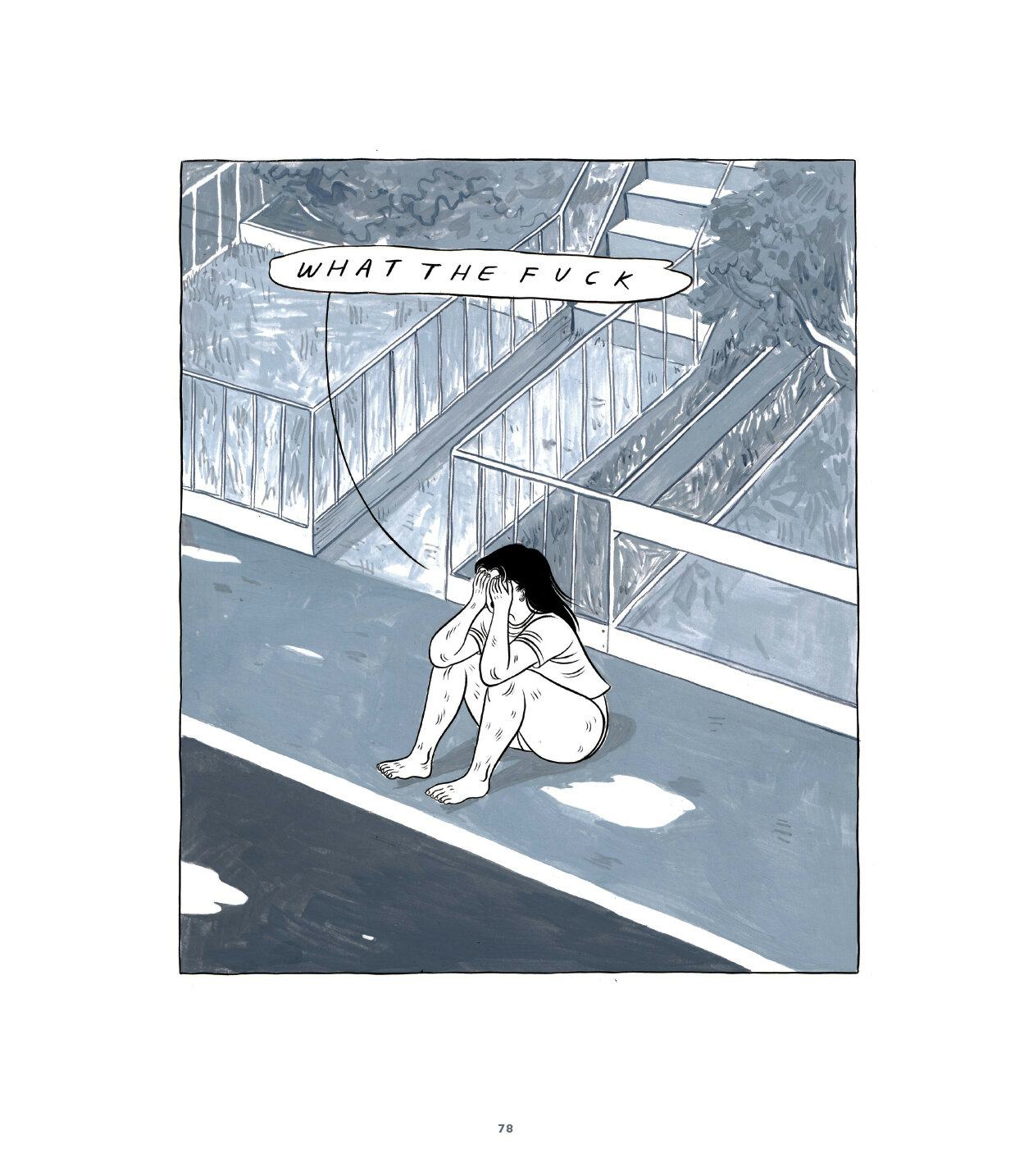
5 Questions with Lee Lai
Last year, on the cusp of Stone Fruit’s release (and subsequent critical acclaim), Lee Lai spoke to Liminal about the inspiration behind and process of creating her debut work.
The artists that have influenced me are pretty countless. In the comics-realm, Mariko and Jillian Tamaki’s collaborative work has always hit me very hard, and closer to home, Tommi Parrish has been a close friend and a regular inspiration for the past decade – we were lucky to be working on our first books in a shared studio. Outside of comics, Celeste Ng’s fiction drastically affected how I learned to character-build. Plus the countless YA fantasy audiobooks I’ve devoured over the years...they’ve schooled me pretty damn well on how to pace a story.
(Bonus read: Lee Lai’s comic in Astra Magazine in response to Shaun Tan’s work)
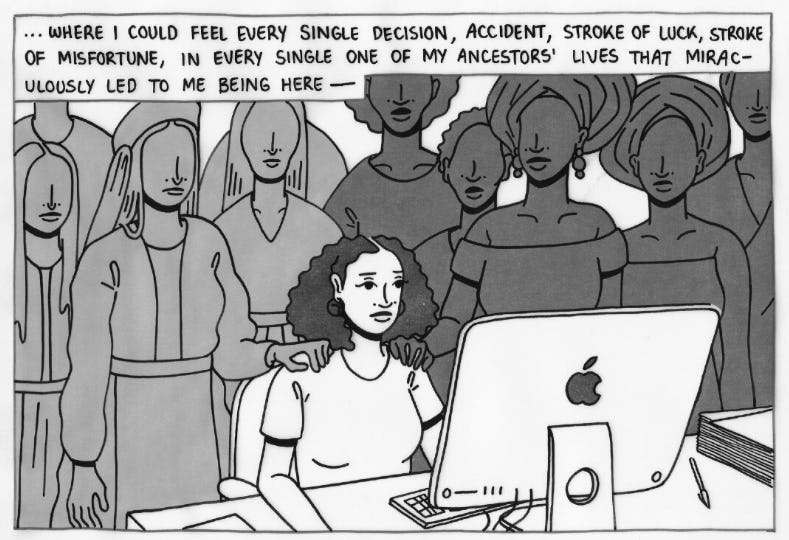
Chinyere
Not to discount my own hard work – but so many of my opportunities have been by virtue of my inner-city birthplace. How many never get to find out what they love and want through education? How many are locked out of certain systems by virtue of their birthplace?
(Note: This piece is part of Liminal’s digital series Comic Sans.)
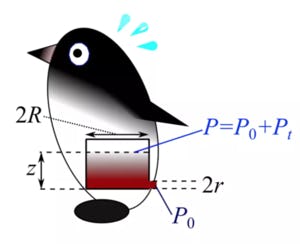
room with a poo
I don’t know if there’s anything I can say that describes this incredible poem other than CW: poo.